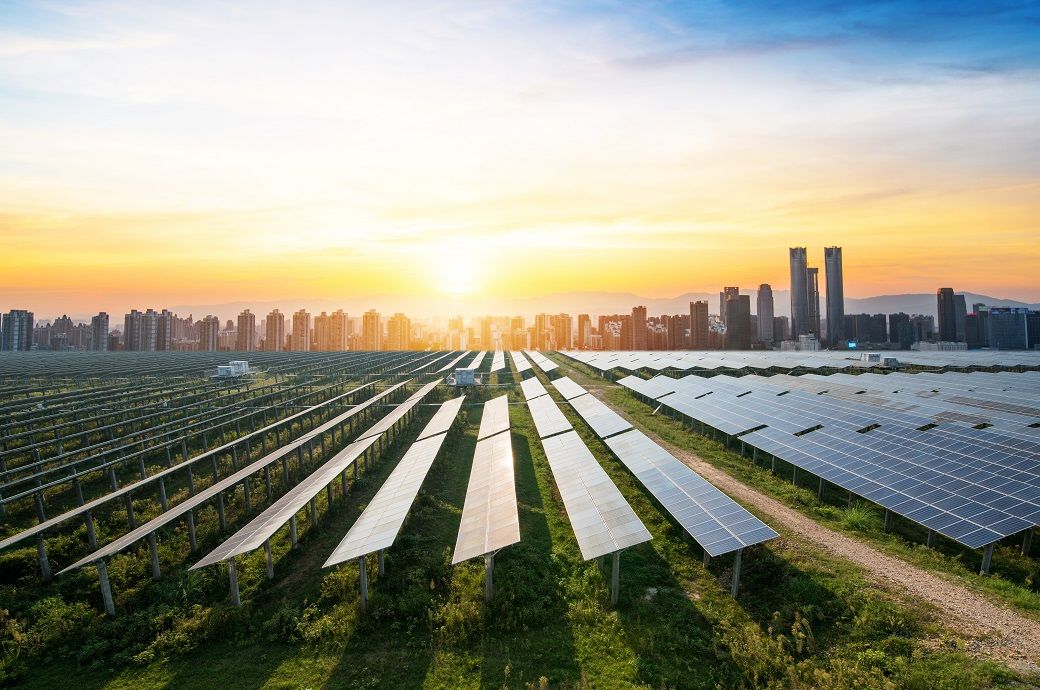
In this regard, although country-specific circumstances vary, country risk or policy risk is often identified as the primary impediment for international institutional capital flows, according to a report titled Low-Cost Energy Transition Finance by IRENA.
Drawing from the lessons learned from the sharp cost reductions seen in solar and wind power in recent years, the report lists enabling frameworks that can reduce the transaction costs of technology transfers and facilitate foreign direct investments to accelerate the scale-up of hydrogen, offshore wind, and battery storage—critical technologies for the next stage of the energy transition.
These innovation frameworks can drive improvements in enabling technologies, business models, market design, system operation, technological maturity, innovation, system integration, manufacturing capacity increase, and reduced labour costs, according to the report.
Low-cost financing is identified as one of the six key priority areas established by India’s G20 Presidency. IRENA is also collaborating with the presidency on other priorities, including resource efficiency and circular economy in the steel sector.
“The global energy transition requires a rapid scale-up of renewable energy deployment globally, making access to low-cost finance urgently vital. We are proud to contribute to the work of the G20 and provide valuable insights that support India’s presidency in facilitating access to affordable finance in developing and advanced economies,” said IRENA director-general Francesco La Camera.
Fibre2Fashion News Desk (NB)